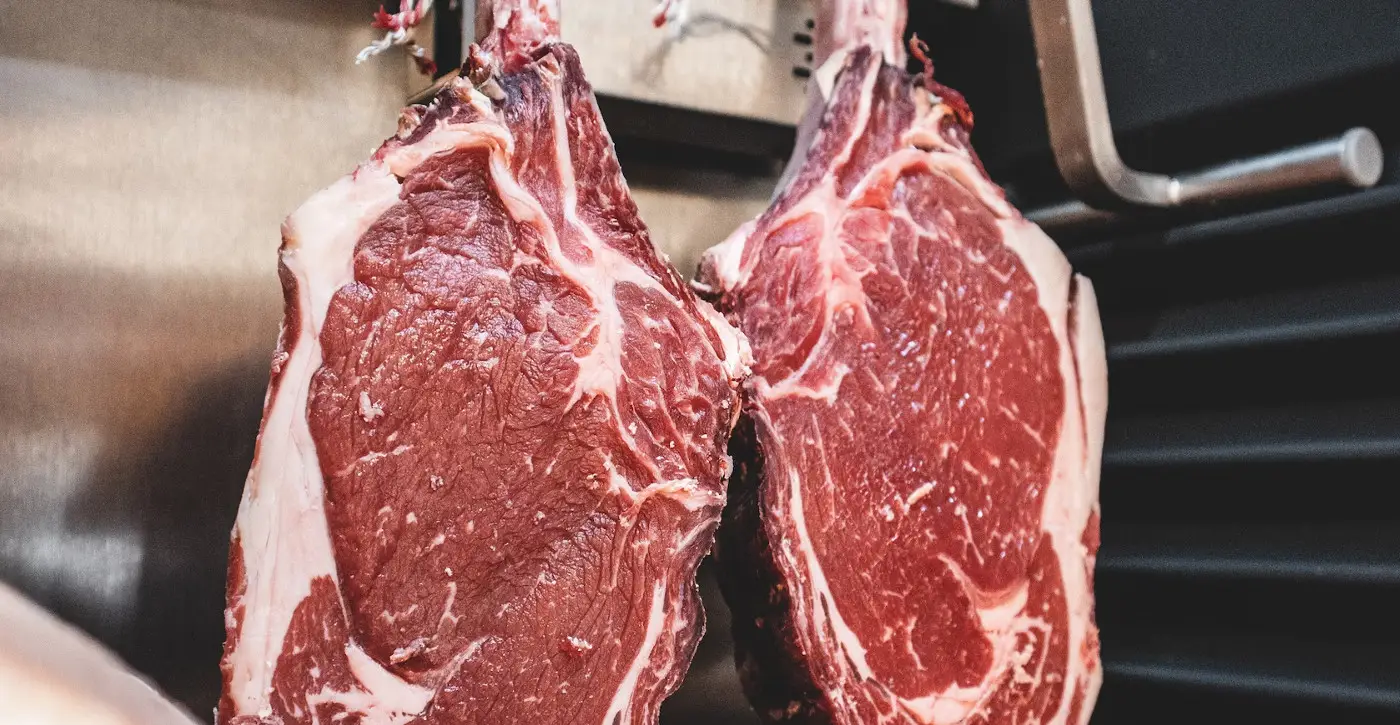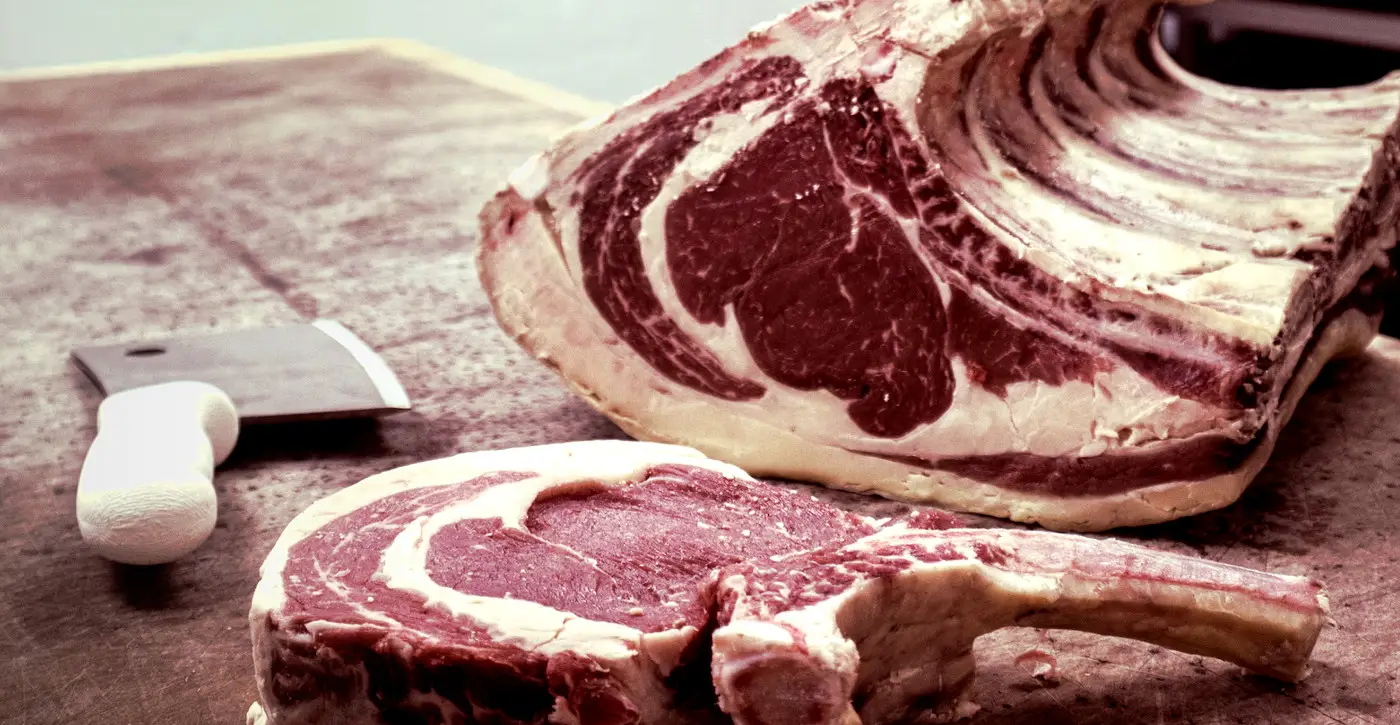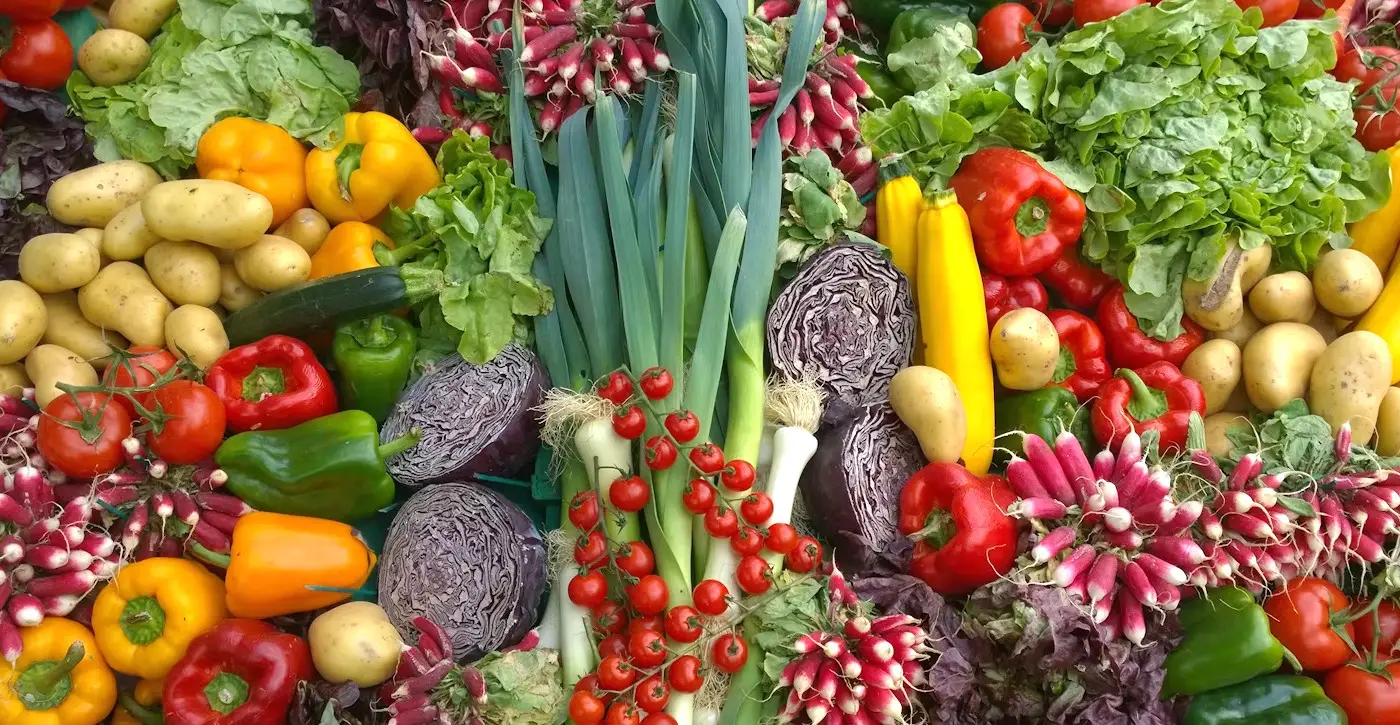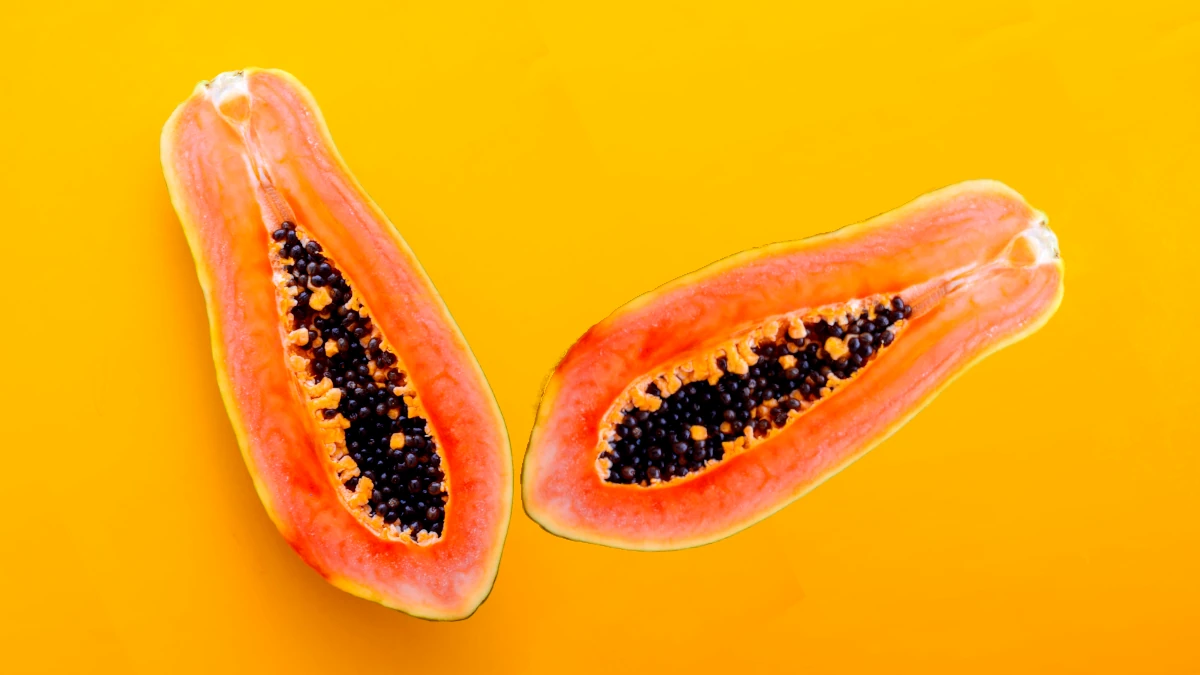Polish Sausage Lysine and Arginine Info Sheet
Overview
Polish sausage is a type of smoked sausage made from pork, beef, or veal.It is usually seasoned with garlic, marjoram, and other spices.
It can be eaten hot or cold, or added to soups, stews, or casseroles.
Polish sausage is high in protein, fat, sodium, and calories. It also contains some vitamins and minerals, such as iron, zinc, and vitamin B12.
However, it is also high in saturated fat, cholesterol, and nitrates, which can increase the risk of heart disease, stroke, and some cancers.
| Name | Lysine (mg/100g) | Arginine (mg/100g) | Ratio |
|---|---|---|---|
| Polish Sausage | 1125mg | 936mg | 1.202 |
Polish Sausage contains 1125mg of Lysine and 936mg of Arginine per 100g of product.
This means Polish Sausage has a high Lysine-Arginine ratio of 1.202.
Because Polish Sausage contains slightly more lysine than arginine, increasing its consumption may benefit people who suffer from herpes, as it may boost the immune system.
Lysine Considerations
Polish sausage is a good source of lysine, an essential amino acid that is important for protein synthesis, collagen formation, and immune function.
Lysine also helps prevent herpes outbreaks and cold sores.
It is one of the nine amino acids that the human body cannot make by itself, so it has to come from the food we eat.
Lysine has many functions in the body, such as helping with growth, healing, energy, immunity, and collagen production.
Lysine may also have some effects on the herpes virus, which causes cold sores and genital sores.
Studies have suggested that taking lysine supplements or applying lysine cream may help prevent or treat these infections by blocking the amino acid arginine, which the virus needs to grow.
Arginine Considerations
Polish sausage is also a good source of arginine, another essential amino acid that is involved in nitric oxide production, wound healing, and blood vessel dilation.
Arginine also helps improve blood flow, lower blood pressure, and enhance sexual function.
Arginine can promote your overall health and performance, such as lowering your blood pressure, healing your wounds, and boosting your exercise endurance.
Arginine can be made by the body or obtained from foods like meat, dairy, nuts, and soy.
Unfortunately, the herpes virus is known to "feed" on arginine, and having a diet higher in arginine than lysine may increase the occurrence and severity of cold sores and herpes outbreaks.
Lysine-Arginine Ratio
Polish sausage has a high lysine-arginine ratio, which means it has more lysine than arginine.
This can be beneficial for people who suffer from herpes infections, as lysine can inhibit the replication of the herpes virus, while arginine can stimulate it.
However, a high lysine-arginine ratio can also be detrimental for people who have kidney or liver problems, as lysine can increase the production of ammonia, a toxic waste product that needs to be eliminated by the kidneys and liver.
Both lysine and arginine are essential for protein synthesis and various other bodily functions.
They, however, have opposing effects on the herpes simplex virus, which causes cold sores and genital herpes.
Lysine can slow down the replication of the virus, whereas arginine can stimulate it.
Thus, a diet rich in foods with a high lysine to arginine ratio may help reduce the occurrence and severity of herpes symptoms.
Foods that have a high lysine-arginine ratio include milk and cheese products, fish, poultry, fruits, and vegetables.
These foods can provide the body with enough lysine to compete with arginine and inhibit the virus from replicating and causing flare-ups.
Dietary Considerations
Red meats are a great source of protein and lysine, but they also contain more fat and cholesterol than poultry or fish.
Red meats can help prevent or treat herpes outbreaks, as lysine can block the activity of arginine.
Red meats also contain zinc, iron, and vitamin B12, which are essential for immune function and nerve health.
Beef and pork are some of the red meats that have more lysine than arginine, with almost as much as poultry.
Despite this, red meats should be consumed in moderation, as they can increase the risk of cardiovascular diseases and some cancers.
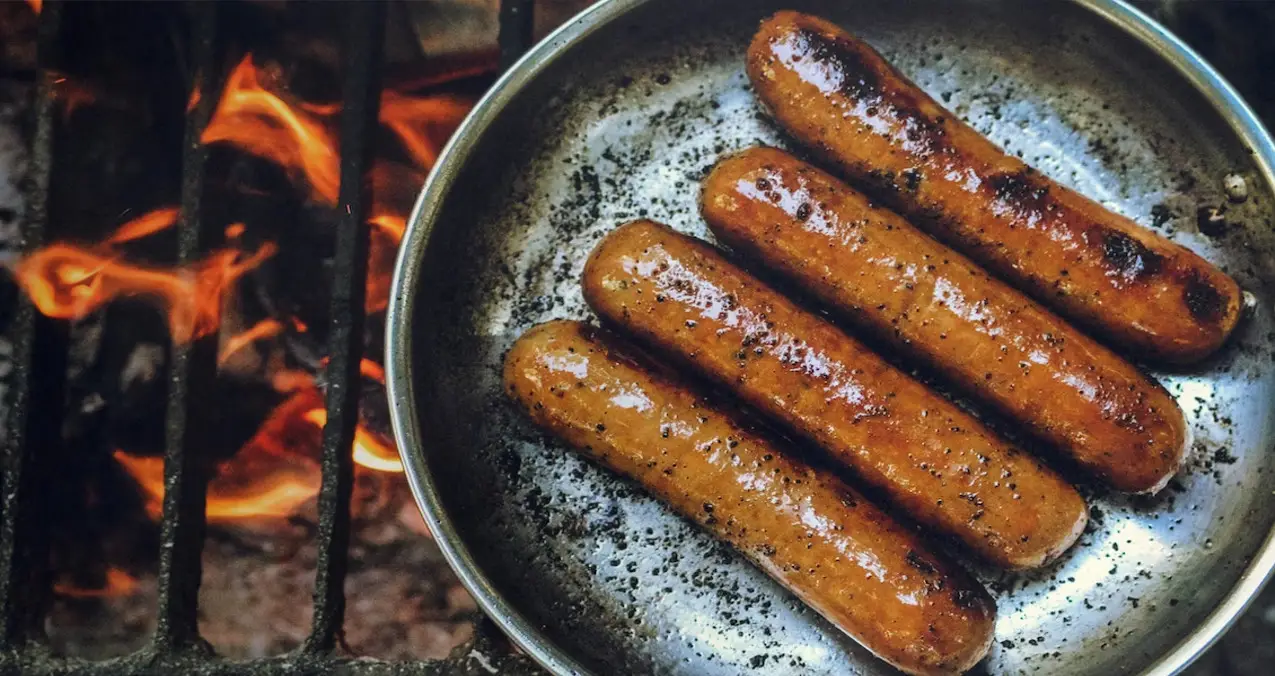
For instance:
You may want to take l-lysine supplements.
L-lysine is known to prevent herpes outbreaks and it can help stop a cold sore in its initial stages by "starving" the virus of arginine before it has a chance to cause a cold sore.
Other food supplements, such as vitamin C, zinc, selenium, and antioxidants, can help you boost your immunity and protect your cells from oxidative stress.
Avoiding foods that can cause allergic reactions or sensitivities, such as gluten, dairy, nuts, eggs, or shellfish.
These foods can trigger inflammation and weaken your immune system, making you more susceptible to outbreaks.
Foods that can boost your immunity and fight inflammation are essential to prevent outbreaks.
Honey, yogurt, aloe vera, and chamomile are some examples of these foods.
They can also soothe your symptoms and help you recover quicker by reducing pain, swelling, and itching.
Check more food information
